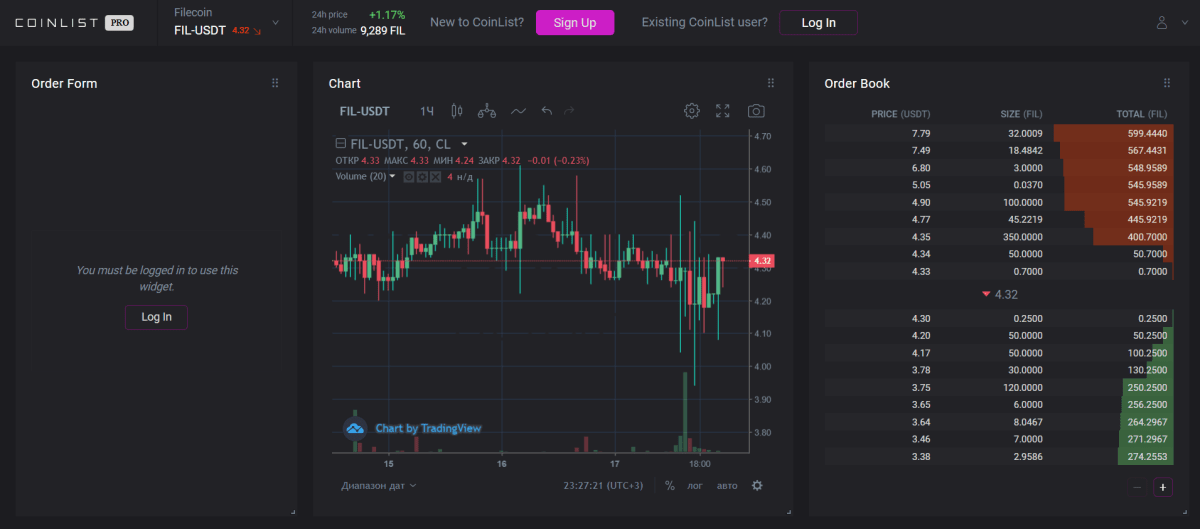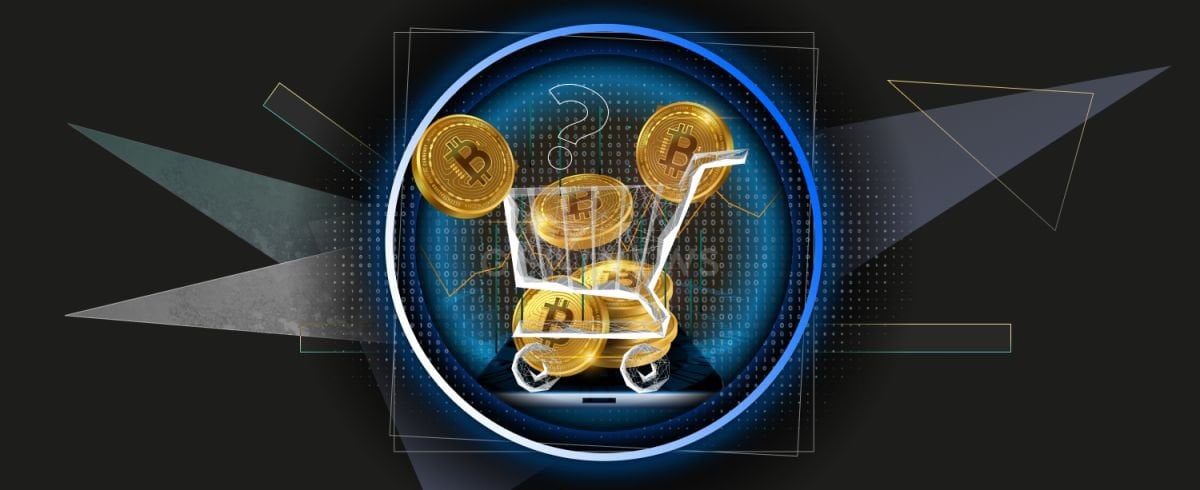The task of a market maker is to comprehensively ensure stability in the market and form a "live" supply and demand, unlike an ordinary trader who places his orders only for his own benefit. In conditions of an asset’s weak liquidity or instability in the market, when users’ panic or carelessness cause large price jumps and volatility, the market maker artificially returns the asset to the desired range with his orders.
Market makers can be brokers, banks or individuals. The most important thing is that the company has sufficient capital to participate in the auction and a professional team.
An exchange or a crypto project hires a market maker for a specific purpose:
· To form liquidity on the trading pair;
· To prevent strong volatility;
· To partake in large transactions. Sometimes an entity needs to make a major sale or purchase. With the market maker mediation, this can be performed without a significant price jump;
· To prevent arbitrage.
To see a market maker in action, it is enough to visit a website or a trading platform with little liquidity. For example, Coinlist.pro. There are trading pairs of coins on the platform, which were released on Coinlist as part of the ICO. However, due to the high commission and unfavorable trading conditions, almost no one uses Coinlist.pro for trading. Unless for selling the tokens purchased on the tokensale, and not to transfer them to the exchange. There are no trades, but there are trade requests, which means that this is the work of a market maker.

The work of a market maker on Coinlist.pro on the FIL/USDT pair
Also, the presence of a market maker can be noticed by statistical data in the trading terminal. For example, if orders are carried out every minute in the executed transactions book, and the trading volume on the pair is conditional 2-3 thousand dollars, then all these deals were performed not by the users of the exchange, but by the market maker.
How does a market maker make profit?
· "Salary" from the platform, exchange or company that hired him;
· The difference between buying and selling prices (spread);
· Over-the-counter transactions (OTC);
· Arbitration. If you’ve ever wondered how all the exchanges maintain approximately the same price of an asset, then this is the work of market makers.
Is the market makers’ work legal?
Of course. The market maker works openly and transparently, in accordance with the legislation of the country or the exchange’ regulations. This is not a prohibited activity, unlike insider trading, when a major market participant creates or uses a future newsbreak to speculate on the price.
In traditional financial markets, market makers are large investment banks, including Morgan Stanley, Barclays, Bank of America, Goldman Sachs, JP Morgan and others. Any company can be a cryptocurrency market maker, since the liquidity spread is huge here, which creates a large field for work.



